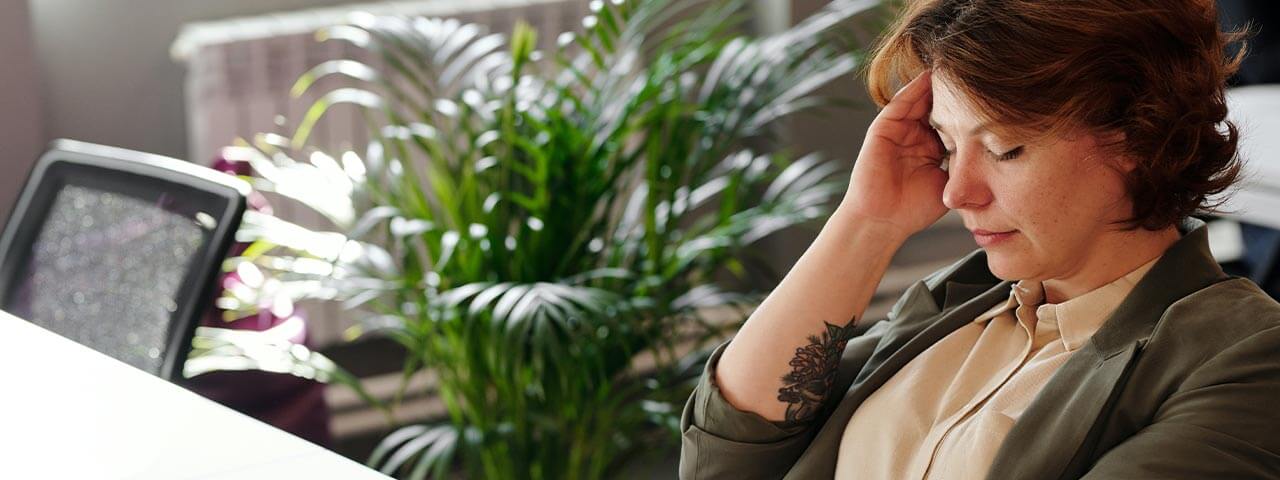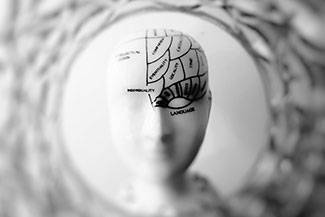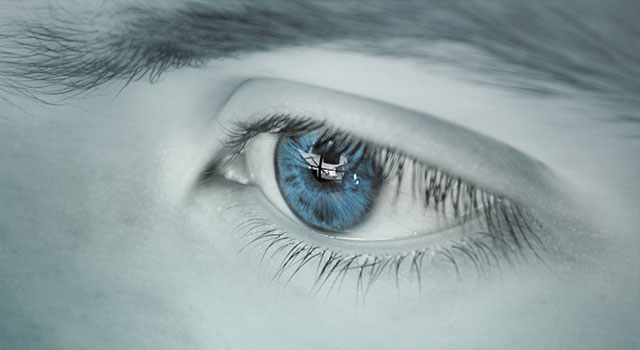
Binocular Vision Dysfunction Solutions in Arlington Heights
Binocular Vision Dysfunction (BVD) is a condition where the eyes struggle to work together, leading to misalignment and visual discomfort. This condition can cause a variety of symptoms that affect daily life, including reading, driving, and even overall balance.
If you are in the Arlington Heights area, vision therapy from Visual Symptoms Treatment Center in Arlington Heights can help restore visual comfort and clarity.
The Symptoms of Binocular Vision Dysfunction
BVD can manifest in several ways, often making it difficult to diagnose. Some common symptoms include:
- Frequent headaches and migraines
- Blurred or double vision
- Difficulty reading or focusing on text
- Dizziness and balance problems
- Light sensitivity
- Eye strain and fatigue
- Motion sickness
If you have any of these symptoms, it is important to see a professional for BVD treatment.
Binocular Vision Dysfunction Treatment
Fortunately, effective treatments are available to correct BVD and alleviate symptoms. Some of the most successful options include:
- Prism Glasses for BVD: Custom-designed lenses that help realign the eyes and improve coordination.
- Vision Therapy for Binocular Vision: This is a set of exercises and activities. They help strengthen the eye muscles and improve how the eyes work together.
Customized Optical Solutions: Prescription glasses tailored to address specific vision challenges associated with BVD.
Binocular Vision Dysfunction Exercises
For patients with mild BVD or those in treatment, binocular vision therapy exercises can help retrain the eyes. This helps them work together better. Some effective exercises include:
- Brock String Exercise: This exercise helps with eye alignment and binocular convergence. It uses a string with beads placed at different distances.
- Pencil Push-Ups: Improves convergence by focusing on a pencil tip as it moves toward the nose.
- Barrel Card Exercise: Strengthens fusion ability by aligning different patterns while switching between eyes.
- Saccadic Eye Movements: Trains eye movement and coordination by focusing on targets placed at varying distances.
- Peripheral Awareness Training: Improves awareness of surroundings, reducing motion sickness and dizziness.
These exercises should be performed under the guidance of an eye care professional to ensure optimal results.
Visit a Binocular Dysfunction Doctor Near Arlington Heights
If you or a loved one is struggling with symptoms of BVD, finding the right binocular vision dysfunction treatment near Arlington Heights can help you get a plan that works for you.
At Visual Symptoms Treatment Center, our experienced eye doctors diagnose and treat binocular vision dysfunction in Arlington Heights. We use cutting-edge technology and personalized solutions to help patients regain clear, comfortable vision.
Schedule a consultation and take the first step toward better vision.
Our practice serves patients from Arlington Heights, Buffalo Grove, Northbrook, and Deerfield, Illinois and surrounding communities.









